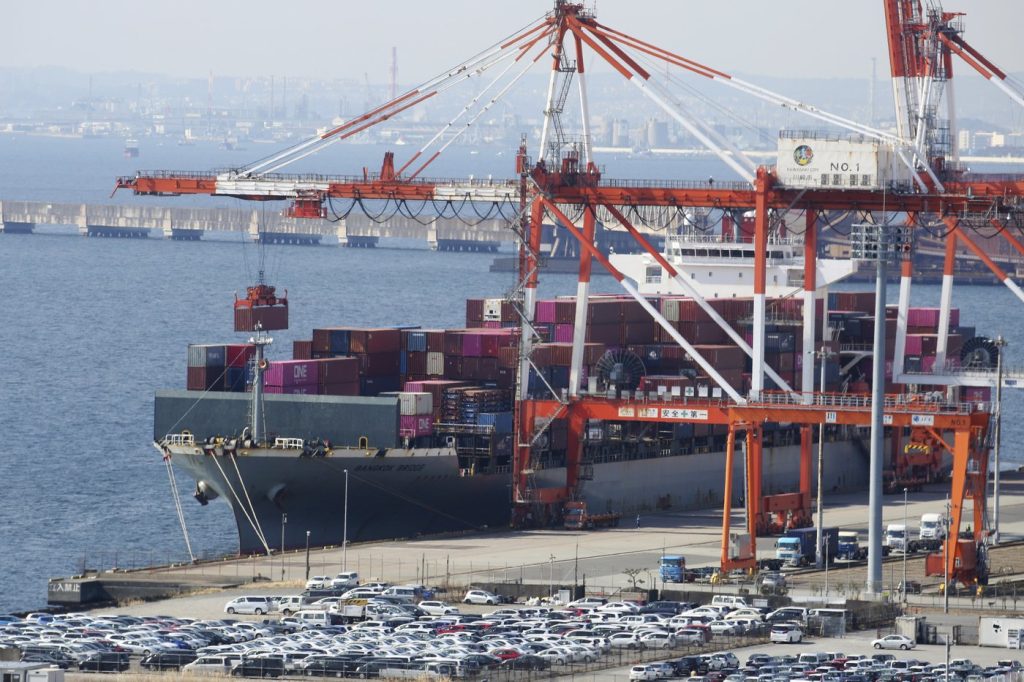The sentiment among large Japanese manufacturers has deteriorated for the first time in a year, as indicated by the latest survey from the Bank of Japan. Concerns regarding U.S. President Donald Trump’s tariffs have been a contributing factor to this decline. According to the Bank of Japan's "tankan" quarterly survey, the index for large manufacturers, which measures the difference between optimistic and pessimistic companies, fell to plus 12 from plus 14 in December. This marks the first decrease in four quarters.
The survey highlights the significant role of major manufacturers, particularly in the auto and electronics sectors, whose exports to the United States are crucial for the Japanese economy. Additionally, challenges such as a shrinking population have negatively impacted Japan's growth, although rising wages and increased tourism have offered some positive economic indicators.
Concerns over U.S. auto tariffs are particularly pronounced for prominent manufacturers like Toyota Motor Corp. and Nissan Motor Corp. In response to the potential impact of these tariffs, Prime Minister Shigeru Ishiba confirmed that his government is making last-ditch efforts to persuade the United States to exclude Japan from the forthcoming auto tariffs. Ishiba expressed his willingness to travel to Washington for direct negotiations with Trump if necessary.
The imposition of a 25% tariff on auto imports is scheduled to begin on Thursday, with tariffs on fully imported automobiles starting at midnight, U.S. time. These tariffs are expected to expand to applicable auto parts in the subsequent weeks, lasting until May 3.
Furthermore, many Japanese automakers have production plants in Mexico, which is also affected by Trump's tariffs on imports from the country, which began last month. The Bank of Japan is holding a monetary policy meeting at the end of April 1, where the findings from the tankan survey will be considered critical data for any potential decisions regarding interest rate adjustments.
Japan’s export-dependent economy is facing additional strains from a slowdown in overseas demand and rising material costs, compounded by a weakening yen against the U.S. dollar. Currently, the U.S. dollar is trading around 150 yen, significantly higher than the approximately 110-yen range noted five years ago.
In contrast, the tankan survey indicated that sentiment among large non-manufacturers has improved, rising from plus 33 to plus 35, driven by a strong influx of tourists. Additionally, the Japanese government has reported a slight improvement in the nation's unemployment rate, which now stands at 2.4% compared to the previous month.











